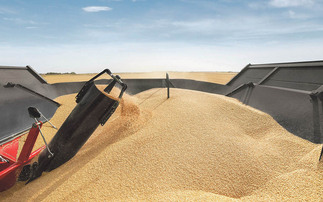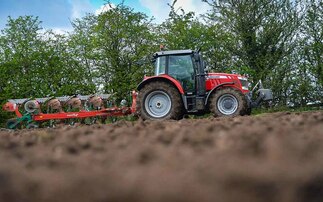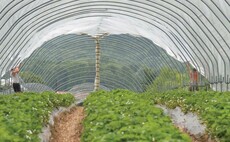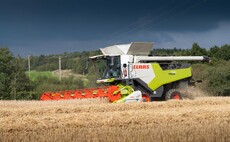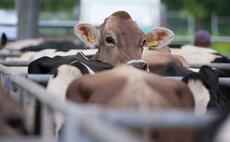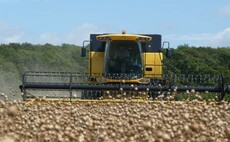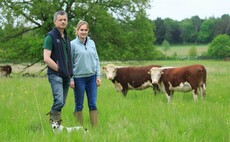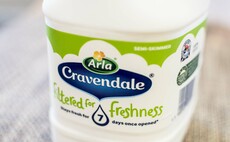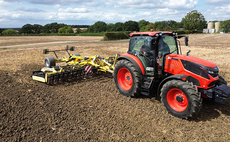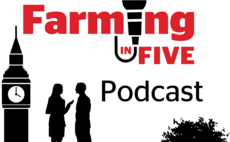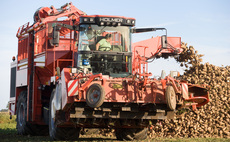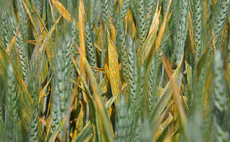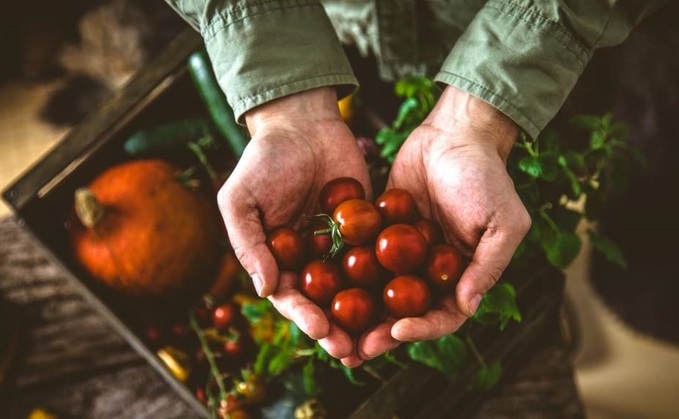
The basket of 11 retail items tracked by Íæż½ã½ã were 9.2 per cent more expensive in September this year than September 2022, according to Office for National Statistics data. The price of the farm products used to make those items was up by 0.5 per cent year-on-year. Retail food inflation peaked at 21.9 per cent in April, with farmgate inflation peaking a month before at 20.4 per cent.
Inflation from August to September was much more in line. Retail prices for the 11 items in the month was up 0.2 per cent and up by 0.1 per cent at the farmgate.
Read more: British public feel farmers are 'not getting a fair deal' for their produce
Retail inflation
Retail inflation was higher for eight products than the corresponding farm product, with cheddar cheese inflation still at nearly 20 per cent, when milk prices have fallen 32 per cent - the difference between the two was the greatest of any products.
The only products where farmgate inflation outstripped retail inflation were beef steak, lamb and eggs. Farm egg prices were 42.2 per cent more than the year before in September.
Read more: Retail and farmgate inflation more in line in August
Significantly higher
Prices in the shop and at the farmgate are still significantly higher at the start of 2022. The average price of 11 retail items was 24.5 per cent more than 1 January 2022 in September, while the average for the nine farm products was 15.5 per cent.
The figures are based on data from the ONS and farmgate or wholesale prices from the AHDB, Defra and British Free Range Egg Producers Association.
When asked to comment, the British Retail Consortium repeated a statement from Andrew Opie, its director of food and sustainability given in May of this year. In it Mr Opie said:
"Farmgate prices are just one part of the final price of products sold in supermarkets. Retailers are having to handle high labour, energy, transport and other store running costs, all of which factor into final pricing decisions. Furthermore, contracts for food are often made many months in advance, leading to a delay in how fast changes in cost pass through the supply chain."








